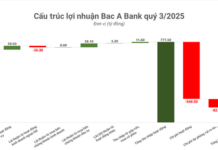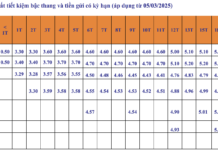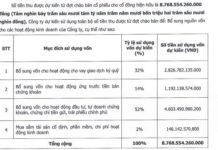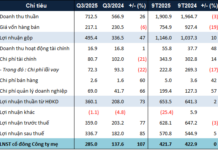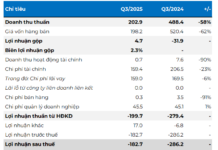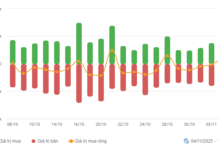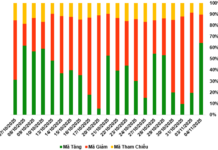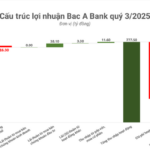Once an indispensable part of people’s wallets, the 500 VND note has become somewhat “useless” in small transactions. With its value now minuscule compared to the current cost of living, this denomination seems to have lost its practical worth, leaving many consumers in a tricky situation.
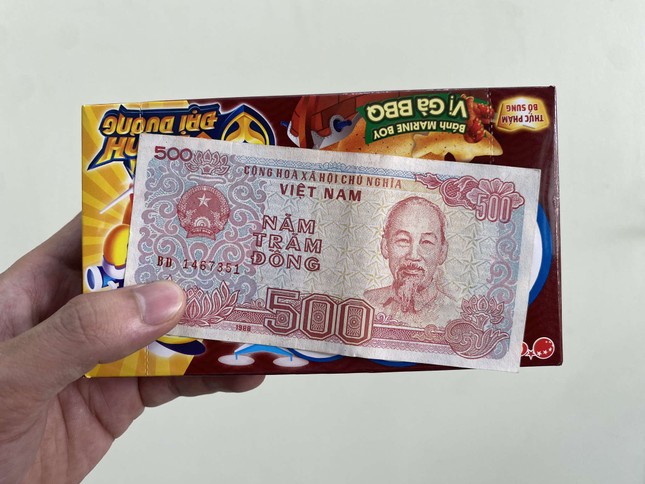
Mr. Quy, a resident of Nam Tu Liem district in Hanoi, recounted an incident where he tried to pay for a packet of biscuits with a 500 VND note, only to be refused by the vendor, who claimed that “no one uses 500 VND notes anymore.”
In reality, with the prices of common goods starting from a few thousand VND, the 500 VND note has become almost worthless in the eyes of consumers.
Ms. Minh Phuong, from Bac Tu Liem district in Hanoi, shared her experience: “Usually, in supermarkets and grocery stores, if your purchase amount ends with 500 VND, the cashier will give you a candy instead of the change, as they often don’t have 500 VND notes to return.”
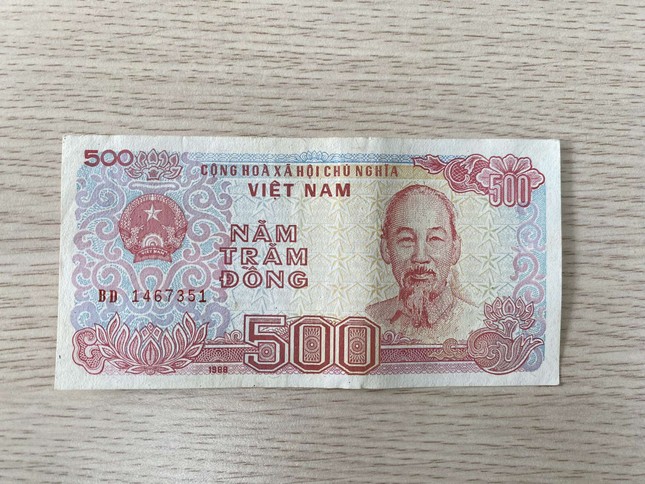
Keeping the 500 VND note has also become “useless” for consumers, as it is no longer useful for daily expenses. Many people have even chosen to put this note aside as a keepsake rather than a practical means of transaction.
Amidst inflation and rising prices, it is inevitable that the 500 VND note has lost its value. Small transactions such as ferry rides and buying trivial items are now rare occasions where this denomination is still used, and even then, its role is very subdued.
Mr. Le Dinh Minh, a resident of Binh Thanh district in Ho Chi Minh City, visits his hometown in Nhon Trach district, Dong Nai province, every weekend. His usual route is via the Cat Lai ferry, which charges 4,500 VND for a motorcycle and 6,500 VND for a motorcycle with a pillion rider for a one-way trip.
“I was surprised that the Cat Lai ferry still accepts 500 VND notes. When I didn’t take the change, the attendant told me to keep it for the return trip,” said Mr. Minh.

Cat Lai ferry still accepts small denominations.
At Emart supermarket in Go Vap district, the cashiers still accept small denominations like 200 VND and 500 VND notes. However, traditional markets in Ho Chi Minh City tend to avoid accepting these low-value notes.
Speaking to Tien Phong newspaper, banking expert Nguyen Tri Hieu confirmed that 200 VND and 500 VND notes are still in circulation as they are issued by the State Bank of Vietnam. “This is legal tender, and service providers are obliged to accept it,” he said.
Mr. Hieu emphasized that Clause 3, Article 23 of the Law on the State Bank of Vietnam 2010 prohibits the refusal to receive or circulate legal tender that meets the circulation criteria issued by the State Bank.
Refusing to receive or circulate legal tender that meets the circulation criteria and has not been withdrawn by the State Bank is illegal and violates the Law on the State Bank of Vietnam. However, Mr. Hieu noted that there are currently no penalties for this violation.
Nevertheless, Mr. Nguyen Tri Hieu also suggested that, in reality, very few people and service providers still use small denominations. Therefore, the State Bank should consider whether to continue issuing these denominations, as the printing, transportation, and other associated costs are significant, while the utility is low.
The Race to Reign in Real Estate: Curbing the Capital’s Property Price Surge
The Chairman of the People’s Committee has instructed relevant departments to enhance their management of the real estate market. This includes scrutinizing the business transactions of real estate enterprises and investors, with the aim of curbing price manipulation, speculation, and any illegal activities that may be taking place in the industry.








